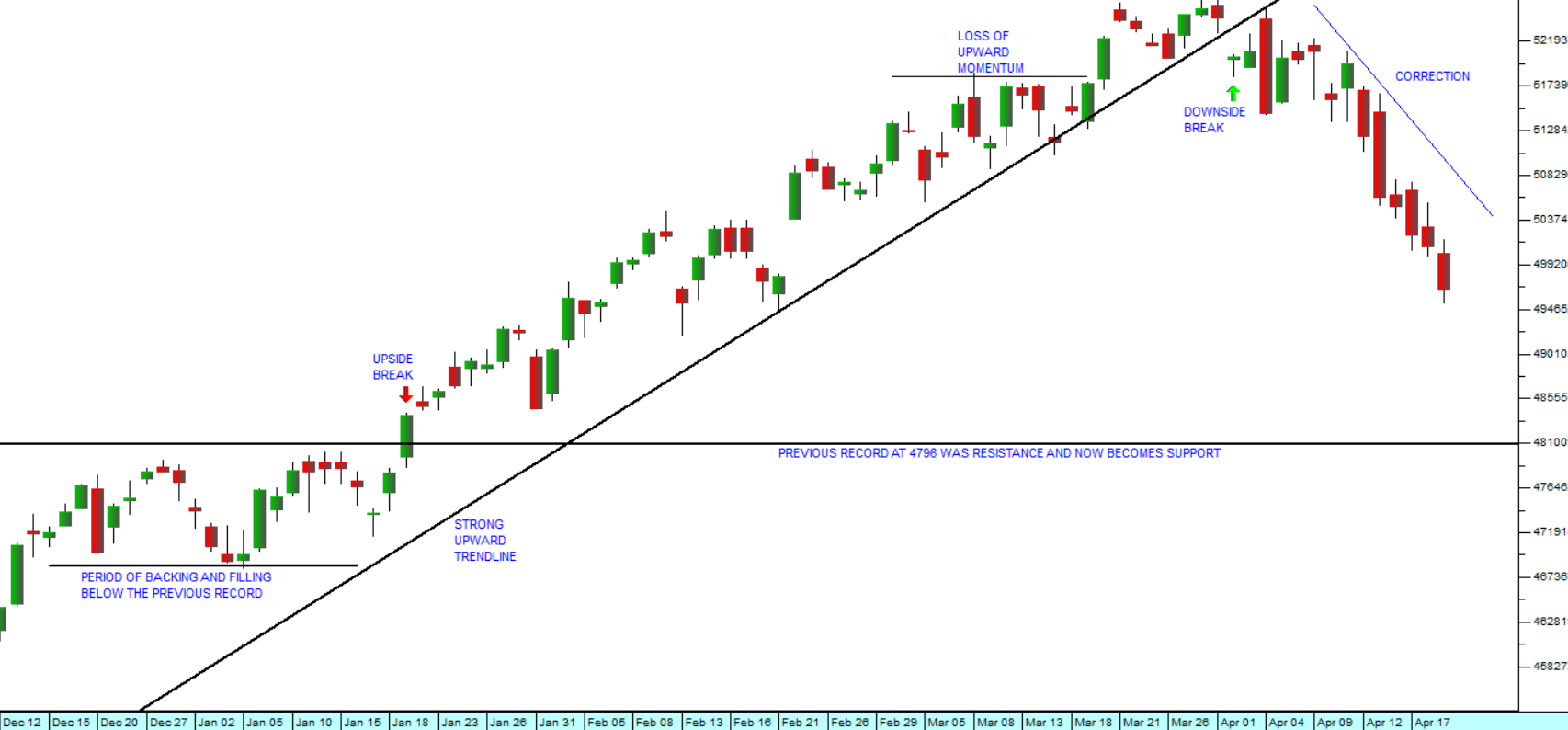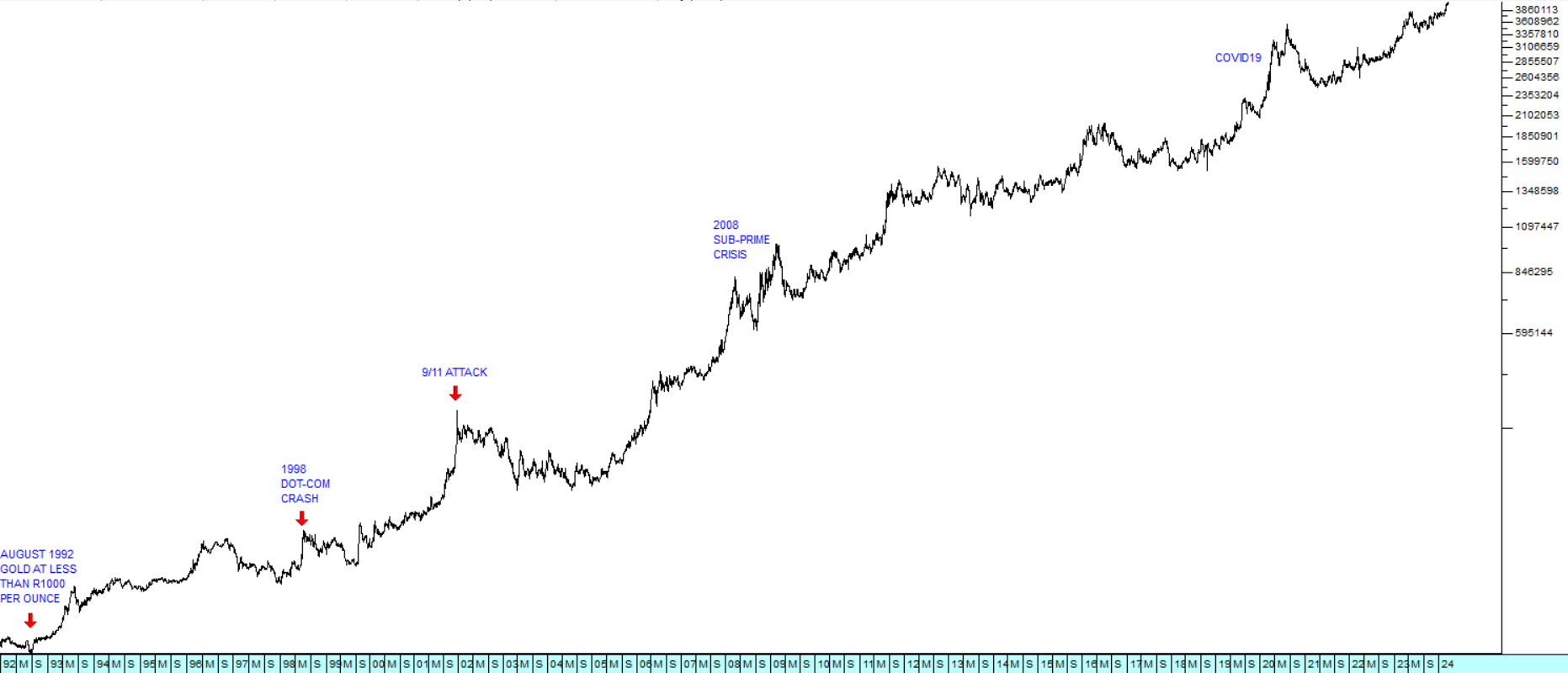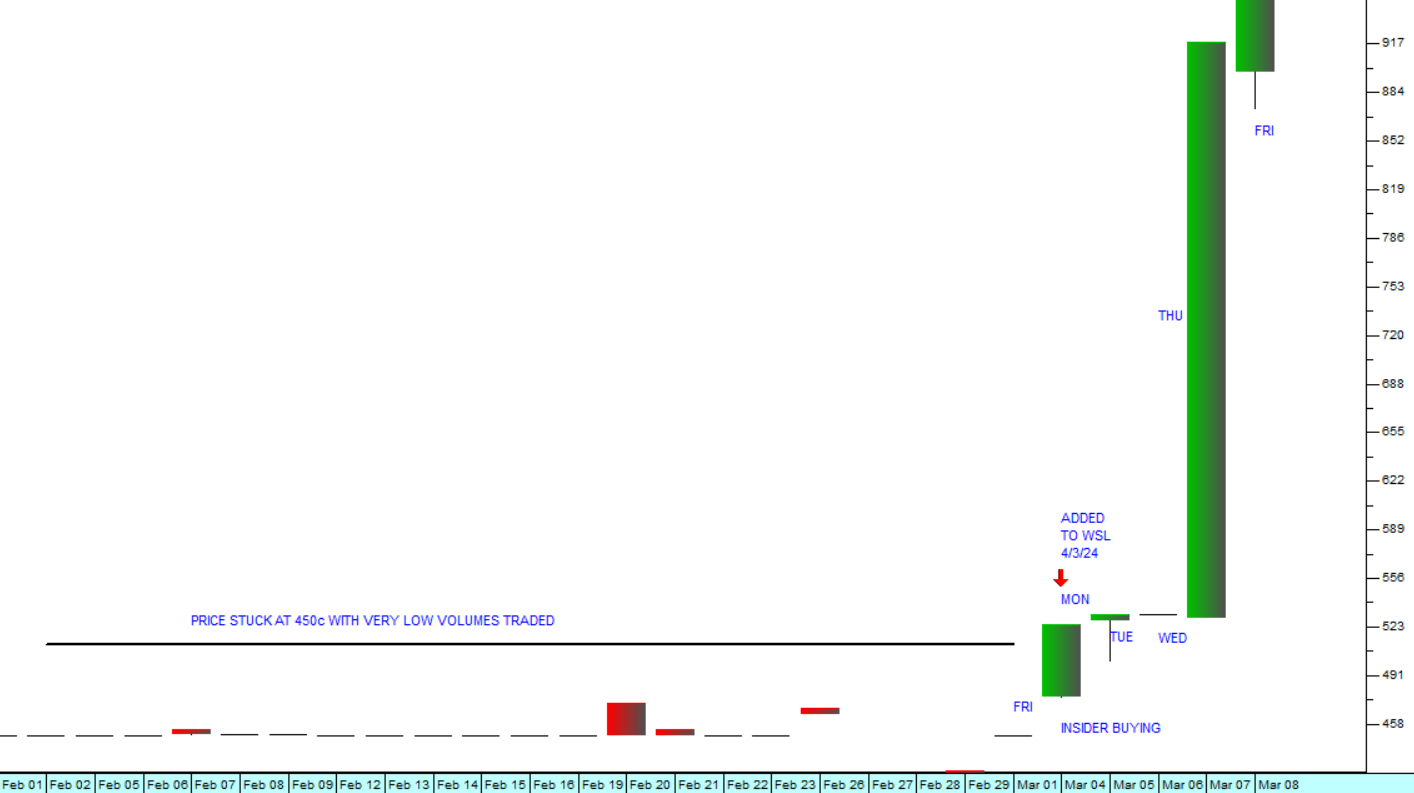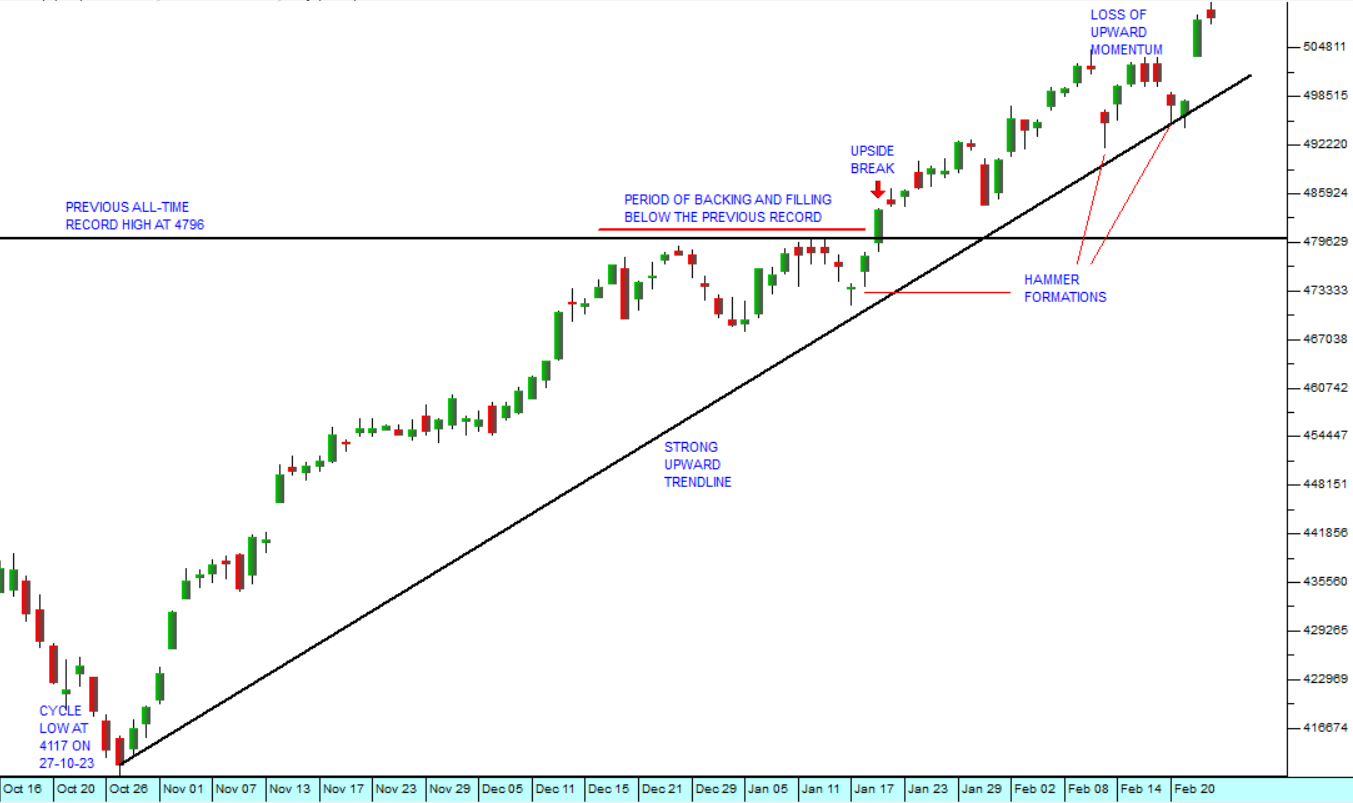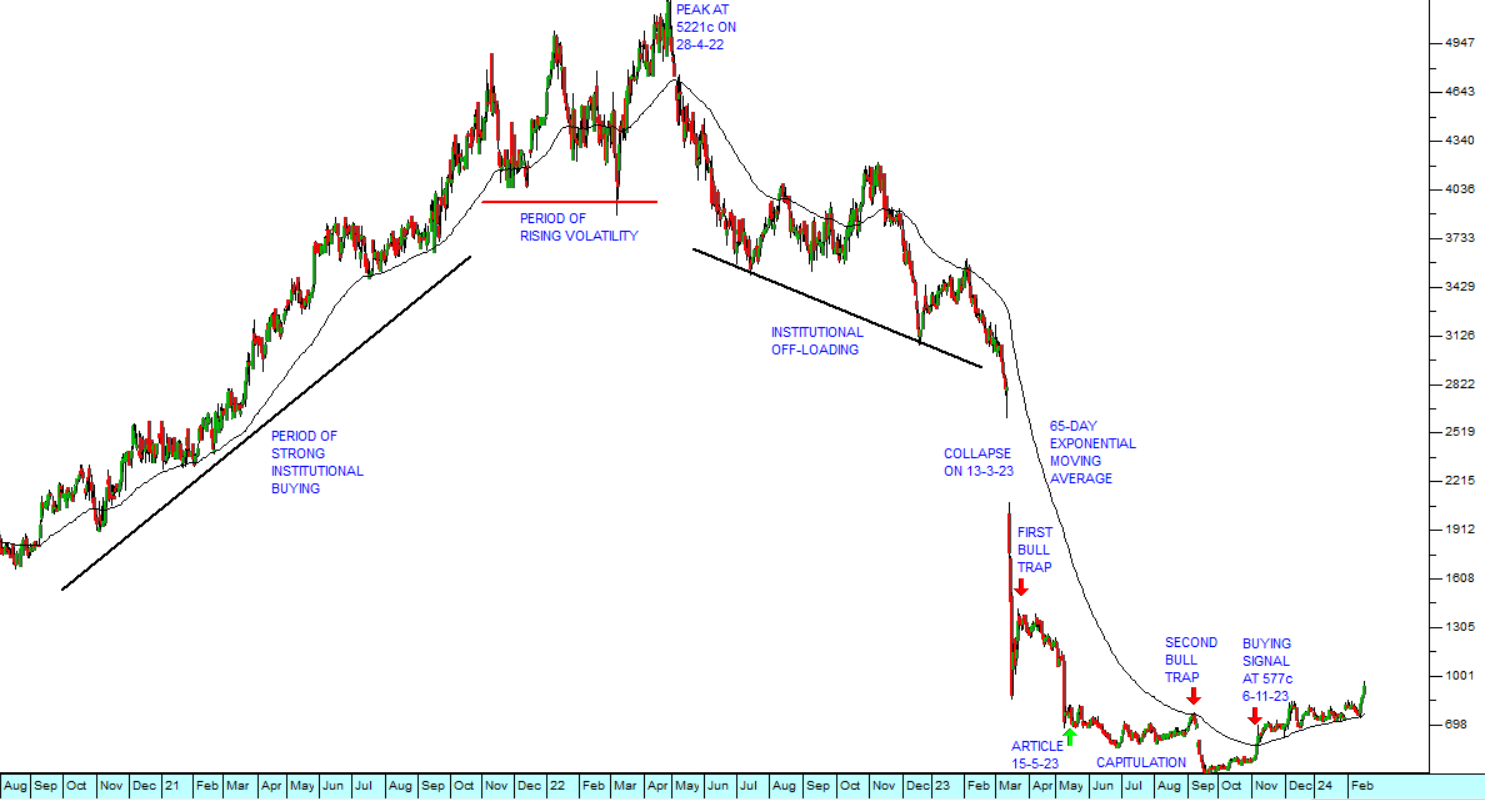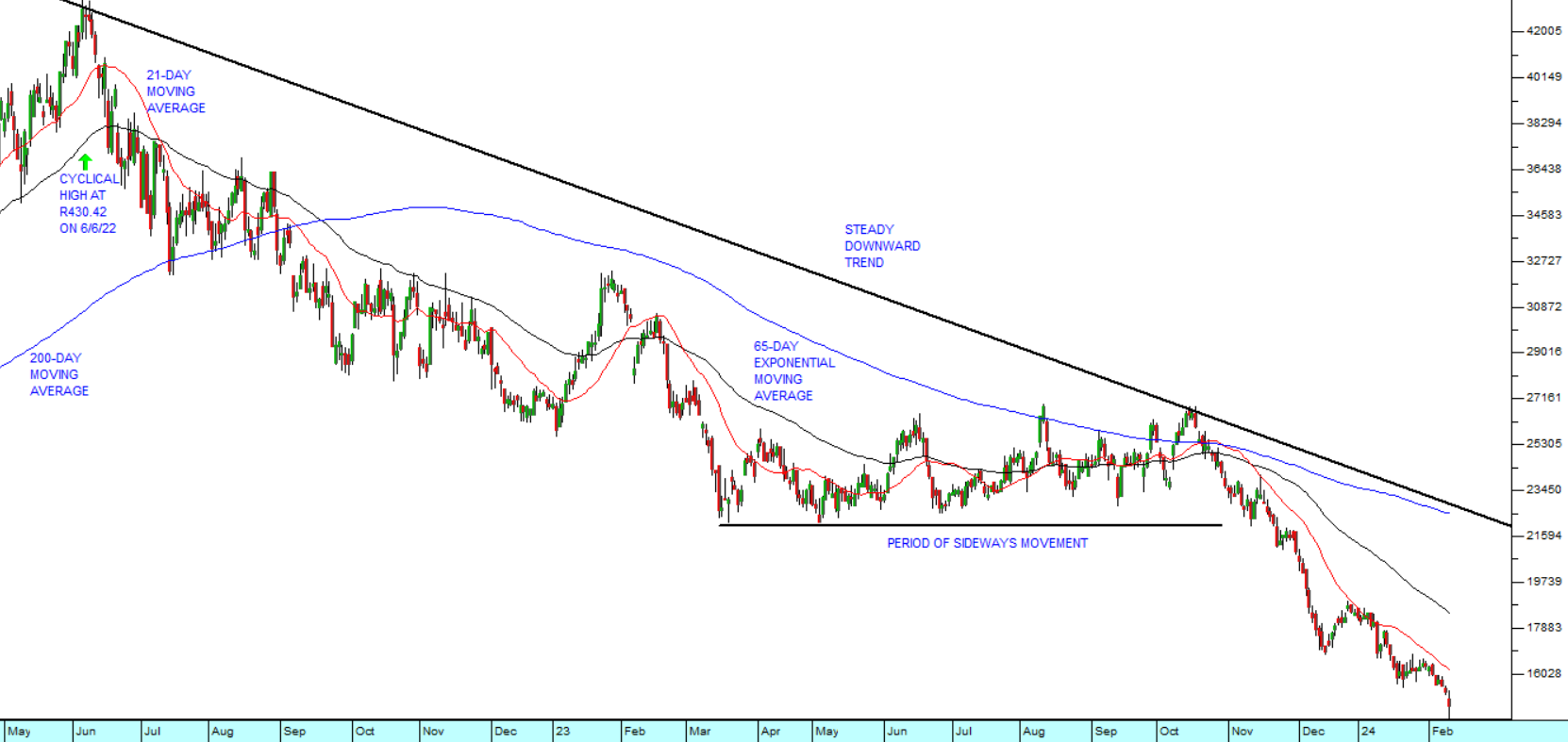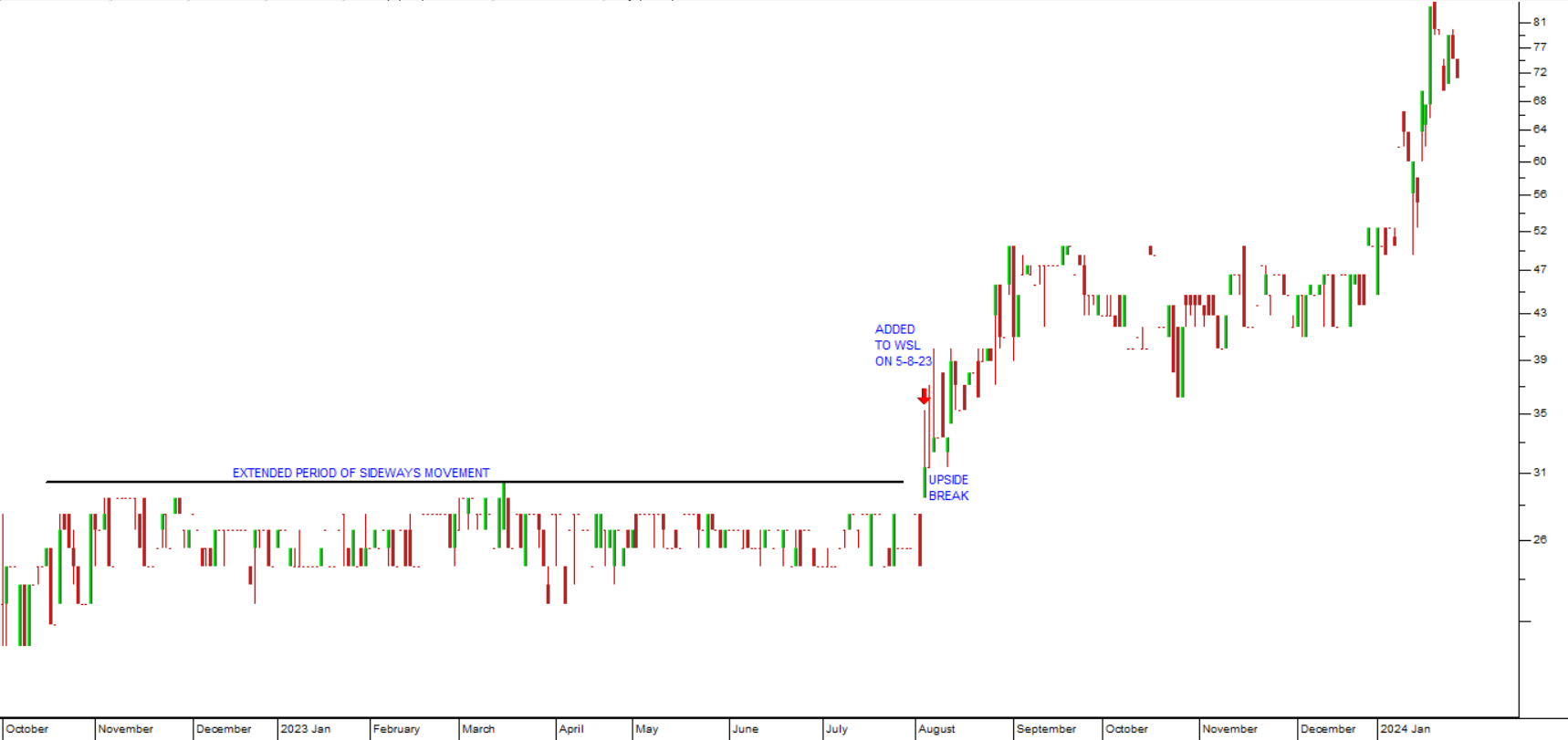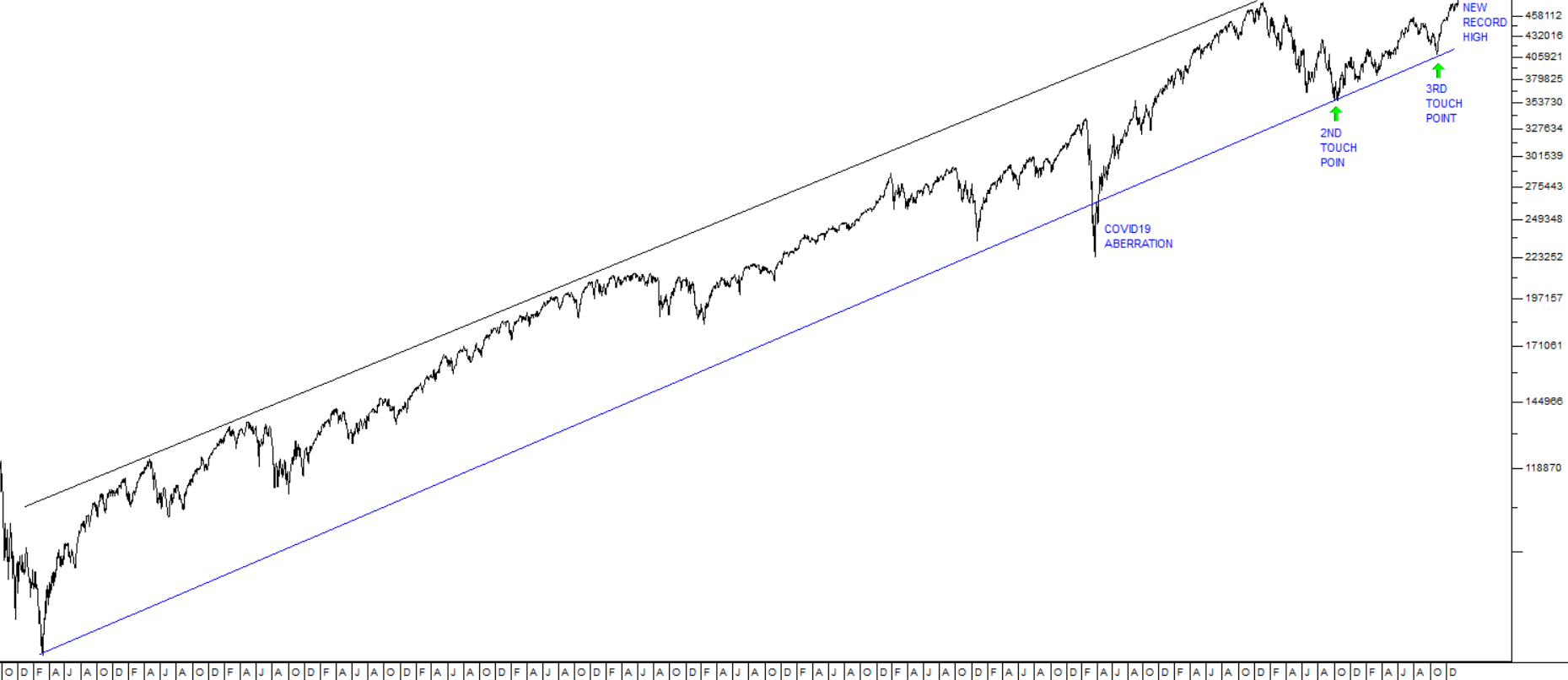WeBuyCars
8 April 2024 By PDSNETIn a few days’ time, Transaction Capital (TCP) will unbundle and separately list its second-hand car sales company, WeBuyCars (WBC). The main benefit of this is to release the value of WBC into the hands of its shareholders. When the listing is complete, on 11th April 2024, WBC will have a total of 417,2m shares in issue which are expected to trade at a price of somewhere between R21 and R24 per share.
This will give the company a market capitalisation of between R8,76bn and R10bn – at a Price:Earnings ratio (P:E) of between 11 and 13 times the company’s most recent after-tax profit of R778m. This is not unreasonable given that the JSE’s average P:E is 13,12.
Existing shareholders of TCP will receive 0.32678 WBC shares for every TCP share that they hold at the close of trade on 10th April 2024. In this way, TCP will distribute the 61,44% of WBC which it still holds after the bookbuild which saw the sale of 58,145m WBC shares for R18.75 each.
A company conducts a book build when it seeks to sell a large block of its shares, mainly to institutional shareholders and usually at a significant discount to their market value. In the case of WBC the bookbuild took place at a discount of between 12% and 28% - depending on where the share trades on the JSE when it is listed on 11th April. Either way the company “left a lot of value on the table” for its institutional backers.
When a new company lists on the stock exchange, there is always a critical decision that must be made about the value at which it will be listed. An unlisted company is typically worth between 3 and 5 times its after-tax annual earnings. If it is a company with substantial working capital requirements, like a manufacturer, then its multiple will be closer to 3 and if it is a service company with minimal working capital its multiple will be closer to 5.
Once a share is listed on the JSE, its multiple generally jumps to between 10 and 12 times annual after-tax earnings – again depending on the risks associated with the type of business it is in. The increase in the multiple occurs because the share immediately becomes very tradable and liquid. It also become subject to the much more stringent reporting required by the listing requirements of the JSE. Unlisted company shares, public or private, are notoriously illiquid and difficult to sell.
The projected P:E of WBC is more than double that of the two other motor car sales companies currently listed on the JSE – Motus and CMH. This is because those two companies are very different businesses. They make most of their profits through dealerships where they sell, finance and insure new cars. They both do have divisions involved in selling used cars, but those make a very small contribution to their profits.
The new car business is much tougher than the used car business for a number of reasons:
- The price of new cars is substantially determined by the manufacturers’ costs – to which the dealerships add a mark-up. This means that the new car business is very competitive on price, since all the new cars of a particular type are essentially identical.
- Each individual used car is essentially unique and WBC has much more control over both the price paid for the vehicle and the price at which it is sold. This makes their profitability far more manageable.
- WBC has a very good name which immediately communicates exactly what it does to all prospective sellers (and buyers). This is not true for either Motus or CMH. Most South Africans are not really aware that they are even in the used car business. The WBC name has enabled the company to market its business very effectively and to grow sales rapidly, especially on the internet.
- WBC tends to benefit from the current economic environment which is characterised by low consumer spending and high interest rates. Tightened consumer disposable income has forced many consumers to down-size their motor car and to look for cheaper alternatives. Often this means selling an expensive and relatively new car and buying an older, smaller car which is cheaper to run.
- Motus and CMH both reported lower headline earnings per share (HEPS) in their most recent financials while WBC has a track record of growing sales by 38% and earnings by 25% per annum.
For these reasons, WBC’s profits have been rising rapidly since it was founded in 2001 by Dirk and Faan van der Walt. The company now employs 2800 people and sells about 14000 vehicles each month. After the listing the founders will still hold 10% of the shares which should be worth close to R1bn.
In our view, WBC shares will certainly open somewhere between R21 and R24 and we expect them to continue to perform well. After the listing you should expect the price of TCP shares to fall – probably to around 200c – because the current price of 900c includes the right to get about one third of a WBC share worth at least one third of 2100c.
DISCLAIMER
All information and data contained within the PDSnet Articles is for informational purposes only. PDSnet makes no representations as to the accuracy, completeness, suitability, or validity, of any information, and shall not be liable for any errors, omissions, or any losses, injuries, or damages arising from its display or use. Information in the PDSnet Articles are based on the author’s opinion and experience and should not be considered professional financial investment advice. The ideas and strategies should never be used without first assessing your own personal and financial situation, or without consulting a financial professional. Thoughts and opinions will also change from time to time as more information is accumulated. PDSnet reserves the right to delete any comment or opinion for any reason.
Share this article:
